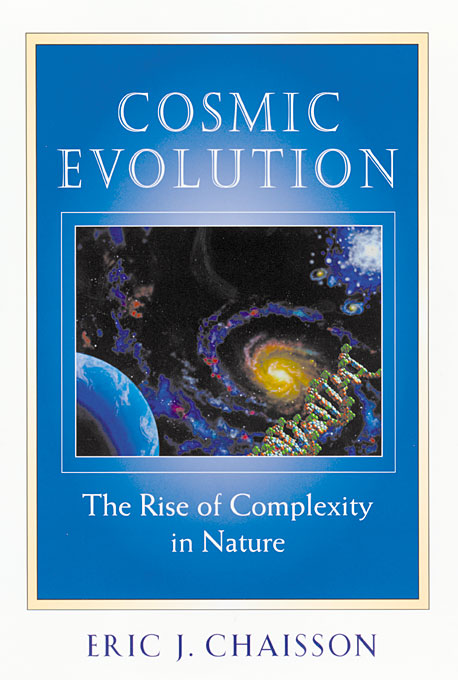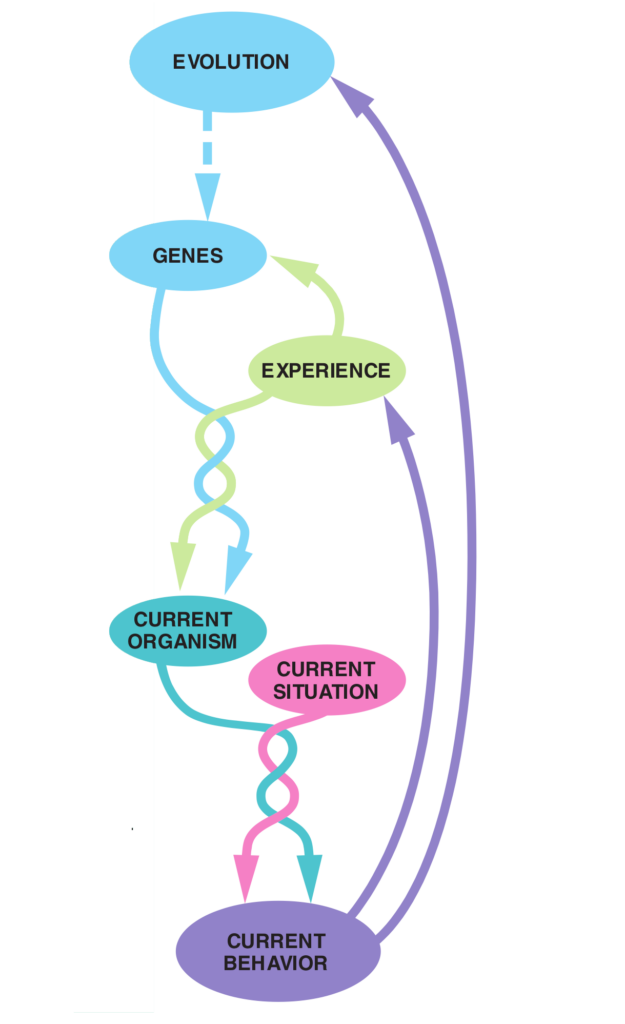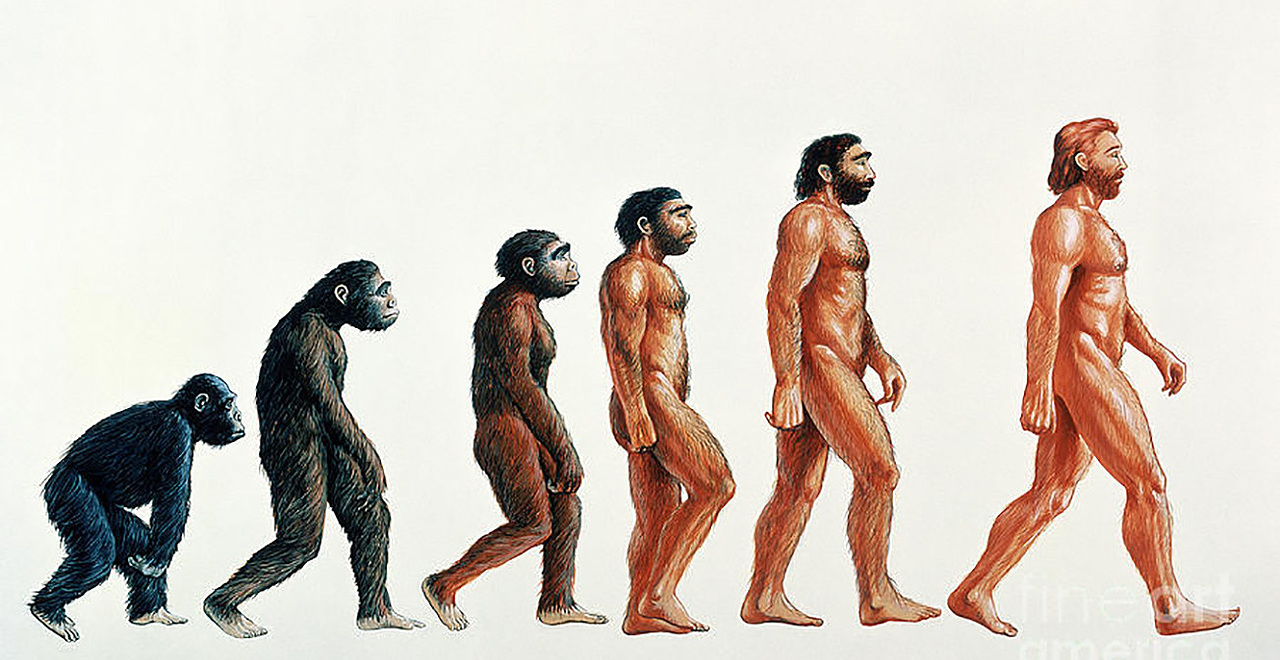The principles of evolution (gutenberg)
The purpose of this post is to lay out general features of evolution which are related to human beings. These features can give valuable insights in how evolution has shaped human behavior. Let’s define evolution as essentially change throughout time and let’s assume that these changes can occur by either physical processes or by behavior of living creatures.
Physical processes obey to universal physical laws and are therefore mostly deterministic, This mean that change by physical processes has a fundamental origin. In other words: There is a cause-and-effect chain. An important feature in evolution, because it means that a phenomenon can in principle be traced back to its origin. This observed principle of cause-and effect is deeply grounded in human cognition. Humans are extremely prone to ‘how things work’ and ‘where they come from’ because this information can have vital survival and reproduction value. Next to physical processes, behavior of living creatures are the other source of change relevant to human beings. In that respect, behavior leads to change and change can be attributed to living creatures. The ability to attribute opportunities or threats are important evolutionary characteristics.
this kind are treated as be random events without a pinpointed cause. Behavior of living creatures is determined by intention. However, this intention is not necessarily signaled by its initiator. All in all it can be concluded that changes whether stemming from either living or non-living entities, have a fundamental origination but it is not always easy for humans to figure them out.
Because of limited cognitive abilities, humans however cannot always fully comprehend the workings and origination of change. Therefore, complex or unexplainable change
Principle 1: Cause & effect – Fundamentals of change
- Living creatures=>intention
- Non-living matter or energy=>laws of nature
Although there is no moral direction in evolution it certainly has a fundamental cause-and-effect mechanism.
As far as humans can observe things cannot change instantaneously. Therefore, this time-dimension suggests a cause-and-effect principle: ‘something has to come somehow from somewhere’. This causation leads to the problem of attribution. The question of “whodunnit?”, is more often than not ambiguous. This is because cause and effect are a chronological chains of events, which at the same time can be intertwined and can ignite feedback loops.
So when evolution changes the world, the question arises in which direction? More specifically, does the world becomes a better or a worse place throughout time? I propose that evolution has no direction, only a survivor ship bias.
If A causes B and B causes C, who causes C? A, B or both? Next to this, even if there is no chronological chain, there can be for example two events A and B which are causing an event C simultaneously. In that cause there is no single unit of causation. Even more complicated are two events which impact each other, also known as the ‘chicken and egg problem’.
Consequently a single unit of intention is hard to establish in a complex system like evolution. Of course, established short cuts are to take attribution: 1] to an individual human level (as is common in most legal frameworks) or 2] to a genetic level ( as is described in the “Selfish gene”). However both are not able to connect or attribute cause and effect in a unambiguous way.
Cause and effect, can be more or less redefined as interaction. This interaction can have losers and/or winners evolutionary. The interaction can be classified as a mixture of cooperation, competition or coincidence. Cooperation and competition can take many forms. Cooperation can be an equal-level-playing field (ie, investment and return are fully equally split, but even then…). Or cooperation can be submissive or suppressive. Because human behavior can be a additive it is difficult to objectively attribute behavior to a certain effect.
[Of course, natural selection as an engine of evolution does not “care” about attribution. But it is nevertheless important to grasp the concept, in order for humans to understand evolution and make inferences about it.]
To sum up, evolution is basically about:
- Non-random/non-chaotic change
- Defying chaos
- causation & attribution
- cooperation & competition (interaction?)

Test and more
Test test
To be or not to be….


